Microsoft, in collaboration with Intel, AMD, Lenovo, ASUS, Dell, HP, and other manufacturers, has launched AI laptops equipped with NPU (Neural Processing Unit), marking a breakthrough in AI technology for portable devices. This collaboration not only accelerates the transition of AI from the cloud to the edge but also redefines the boundaries of mobile computing through deep hardware and software synergy.
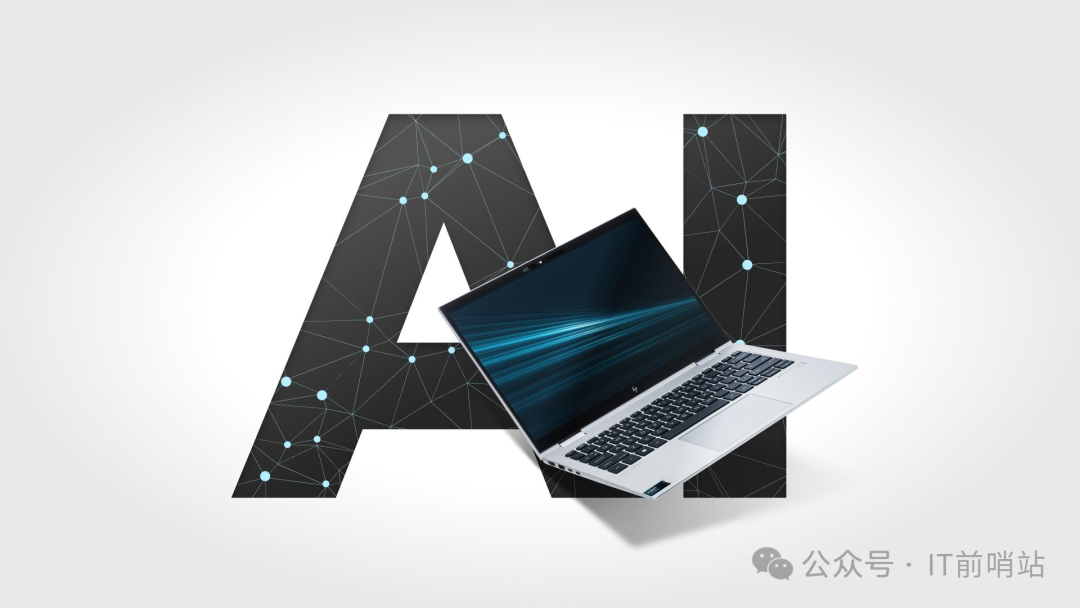
How NPU Restructures Edge AI Capabilities
Performance Leap and Energy Efficiency Optimization
The new generation of NPU adopts dedicated architectural designs, such as AMD’s XDNA 2 architecture, which optimizes spatial data flow, increasing AI computing density to more than three times that of traditional architectures. The NPU performance of Intel’s Core Ultra 200V series reaches 120 TOPS, supporting local execution of large models like Google Gemini Nano, with inference speed improved by four times compared to previous generations. Meanwhile, the Snapdragon X Elite processor in Microsoft’s Surface Laptop 7 has an NPU performance of 45 TOPS, with power consumption reduced by 50%, enabling a battery life of 20 hours.
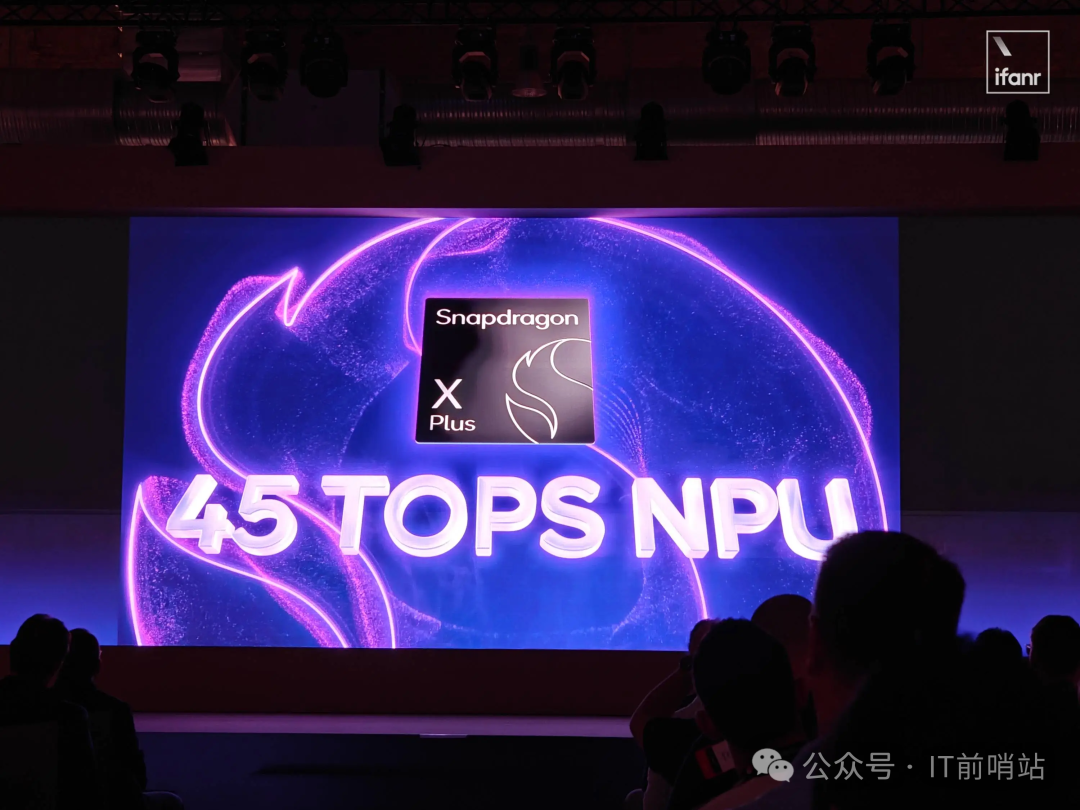
Scenario-based AI Acceleration: NPU not only supports general AI tasks but is also optimized for specific scenarios:
Real-time Collaboration: The NPU in Windows 11 AI+ PCs can translate 44 languages in real-time and automatically generate meeting minutes, enhancing collaboration efficiency for multinational teams.
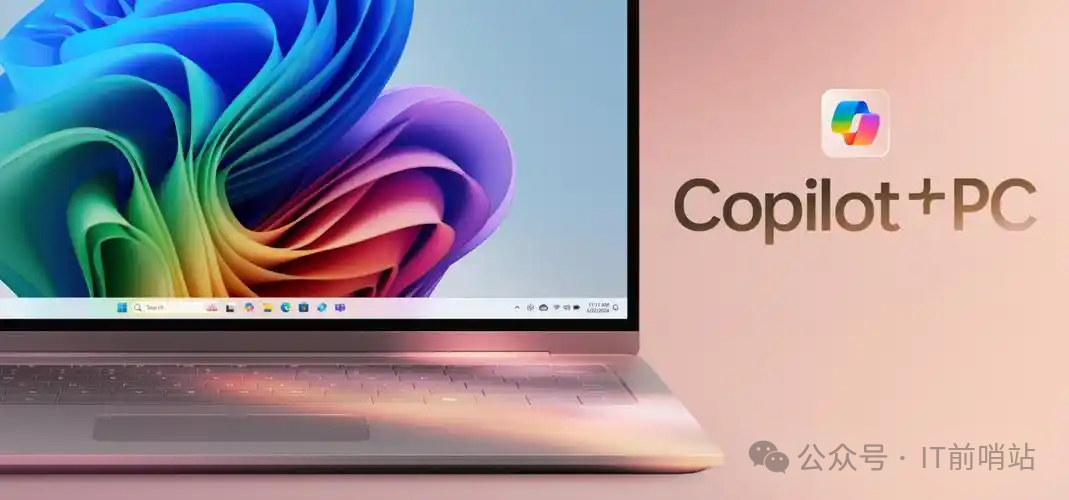
Creative Production: Adobe Lightroom accelerates AI photo editing through NPU, achieving processing speeds 10 times faster than traditional CPUs, reducing the time to process a single photo from 30 seconds to 3 seconds.
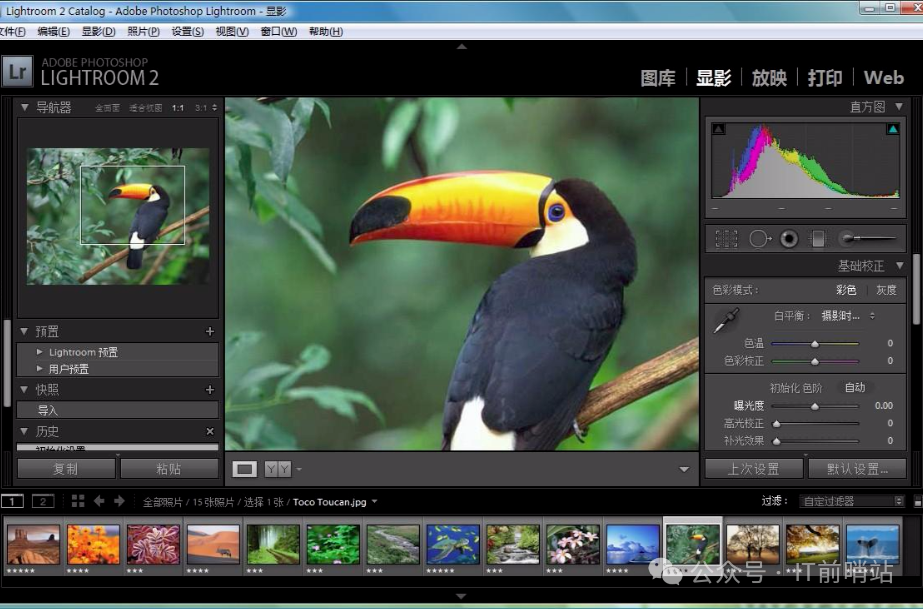
Security Protection: Local malware detection based on NPU can complete virus signature matching in 0.5 seconds, which is 10 times faster than cloud responses.
Deep Integration of Software Ecosystem
Microsoft opens NPU capabilities to third-party developers through features like Windows Studio Effects. For example, Zoom utilizes NPU for background blurring and voice enhancement, while Notion AI leverages NPU to optimize document auto-layout, reducing response latency from 2 seconds to 0.3 seconds.

From Apple’s Monopoly to Breakthroughs in the PC Camp
Apple’s First-Mover Advantage and Limitations
The NPU performance of Apple’s M4 chip reaches 38 TOPS, with an energy efficiency ratio four times that of traditional PC chips, but it is limited to the iOS/macOS ecosystem and has a high price threshold (starting at $1,099 for the iPad Pro). Its closed ecosystem fails to meet enterprise-level needs, as scenarios like medical imaging analysis and industrial quality inspection still rely on Windows devices.
Differentiated Competition in the PC Camp
Affordable Pricing: Lenovo’s IdeaPad AI series features the AMD Ryzen AI 300U processor (55 TOPS), starting at just $599, which is 40% lower than comparable Mac devices.
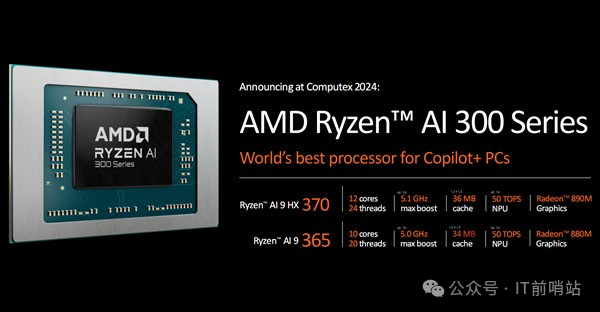
Industry Adaptation: Dell’s Precision 7000 series accelerates MATLAB deep learning model training with NPU, reducing the time from 4 hours to 1.2 hours, meeting engineering simulation needs.
Multi-Platform Compatibility: Microsoft collaborates with Intel and AMD to extend the Windows AI+ PC experience to x86 architecture, covering 90% of enterprise IT infrastructure.
Market Data Validates Trends
In Q4 2024, global AI laptop shipments are expected to reach 15.4 million units, with Apple accounting for 54%, but the Windows camp is growing faster (22% quarter-over-quarter growth). TechInsights predicts that by 2029, 95% of laptops will be equipped with NPU, with the enterprise market share exceeding 60%.
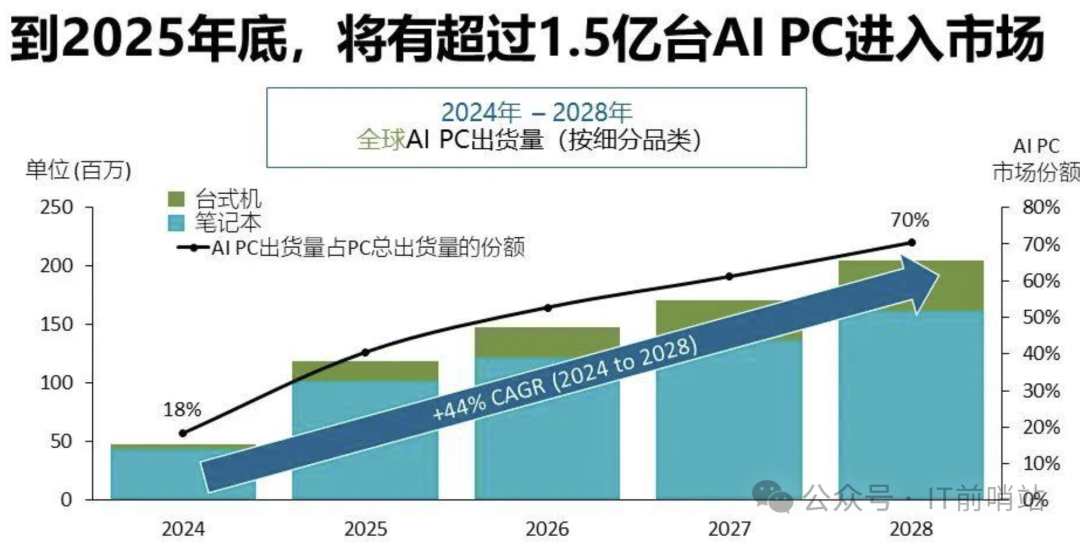
From Hardware Innovation to Ecosystem Reconstruction
The Critical Point of Edge Computing
NPU drives AI from “cloud dependency” to “edge-cloud collaboration.” For example, financial risk control models complete 80% of fraud detection locally, only uploading high-risk transactions to the cloud for verification, reducing data transmission costs by 90%. In the medical field, mobile devices equipped with NPU can analyze X-rays in real-time, achieving a diagnostic accuracy rate of 92%, comparable to that of top-tier hospitals.
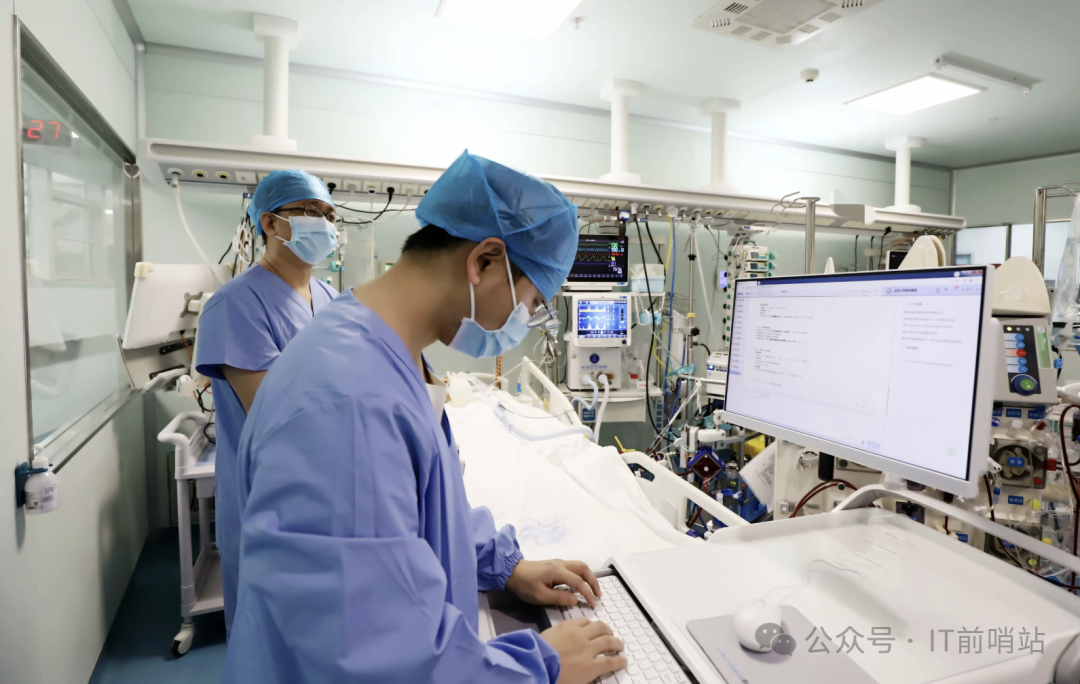
Developer Ecosystem Disruption
Microsoft has launched the AI Dev Kit, providing NPU acceleration libraries and model conversion tools, enabling developers to deploy cloud models to local devices within 3 days. As of April 2025, over 1,000 AI applications have completed NPU optimization, covering fields such as education, retail, and logistics.